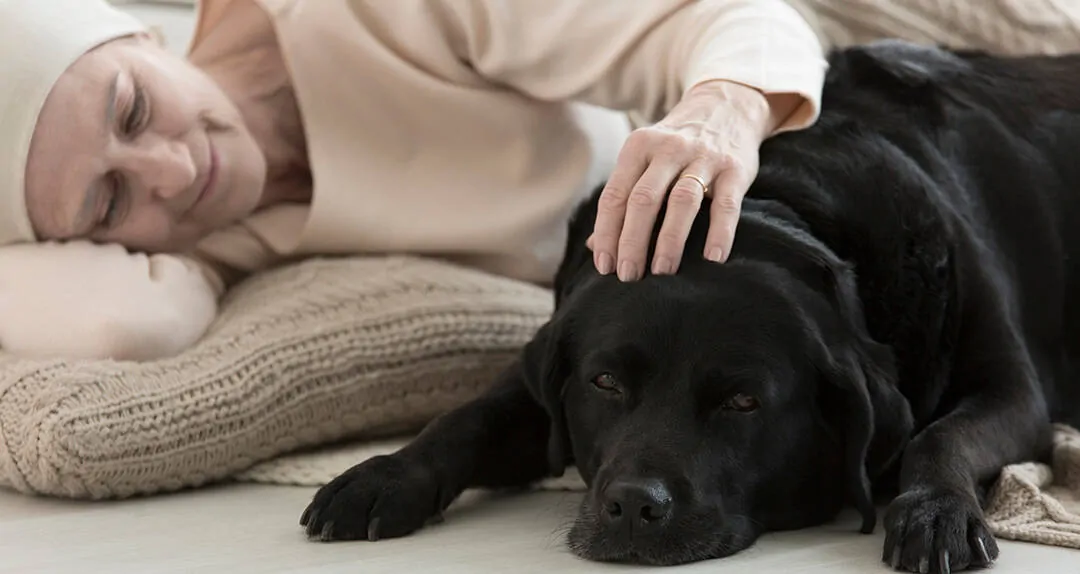I am responding to Dr. Nathan Grey’s Op-ed “Think you want to die at home? You might want to think twice about that,” (1). As a veteran hospice nurse of 30 years, I have shared the challenging journey of death in the home with thousands of patients and families. I understand and identify with Dr. Grey’s concern about the challenges people face in caring for loved ones at home near the end of life. But I do not want patients and families considering a death at home to get an unbalanced message. I hope patients and families will not avoid experiencing this ultimate meaningful event in the setting of their choice because of the potential challenges outlined in Dr. Grey’s piece. I suspect his title and discussion may lead people to be less inclined to choose hospice and importantly influence choices about how patients and their families wish to spend the last days.
Caring for a terminally ill family member can be quite difficult on several levels including physical, emotional and at times spiritual dimensions as noted by Dr. Grey. Nevertheless, families and patients also gain a great deal from this unique experience. Over the years, countless families have shared with me what they have learned and gained from the care of family members. Stories may be revealed that were never shared in day-to-day living. Often caregivers finally consider how they would like to face their own death as the family experiences the loved one’s death. The end of life period can be an intimate and very meaningful experience for both the patient and family. Not providing care in the setting of the patient’s choice can lead to guilt about not having done enough. Many times, the challenge brings family members closer than ever and can heal decades-old wounds. Past disagreements become trivial or dissolve in the effort of providing intense care to a dying member of the family. The process can also be incredibly empowering, and family members may discover they can do more and are stronger than they ever thought possible.
In my time practicing as a hospice nurse I remember those front porch visits Dr. Grey describes. While it is difficult to hear people suffer with these challenges, empathetic support and listening is usually what is most needed. Caring for loved ones at the end of life is very challenging, but I found the hardest thing for caregivers was not the intense physical demand or the looming threat of loss, but the emotional and spiritual drain associated with witnessing suffering such as pain, or other symptoms of distress. Families shared that being unable to meet the comfort needs of loved ones was what created the worst burden. Witnessing suffering at death becomes a deeply etched memory and can be a lifetime burden.
However, the alternative of being in an institutional environment such as a hospital does not guarantee comfort. In fact, at home the family can be even more attentive to the symptom needs of a family member than in a busy hospital. As a hospice nurse I want to be sure patients and families know that symptoms can virtually always be controlled, even when patients become unable to swallow their medicines. The problem of effective rapid symptom control at home by the caregiver was what compelled me to invent a means to give medicines when patients lose the ability to swallow (2). My mission now, as it was as a practicing nurse, is to encourage and support patients and families during their end of life journey with minimal suffering and in the setting of their choice.
Brad Macy RN, BSN, BA
Co-founder and President, Hospi Corporation
Reference links:
- https://www.latimes.com/opinion/story/2020-02-16/doctor-patients-send-home-to-die
- https://www.macycatheter.com
About Hospi Corporation
Hospi Corporation developed the Macy Catheter to provide the best alternative for rapid administration of medication and fluids. The Macy Catheter improves patient care and nursing efficiency while decreasing the cost of care. For more information, visit MacyCatheter.com.

